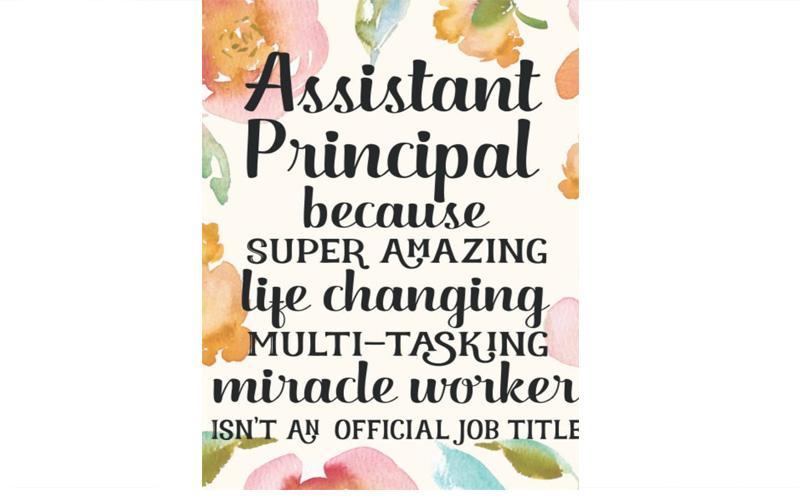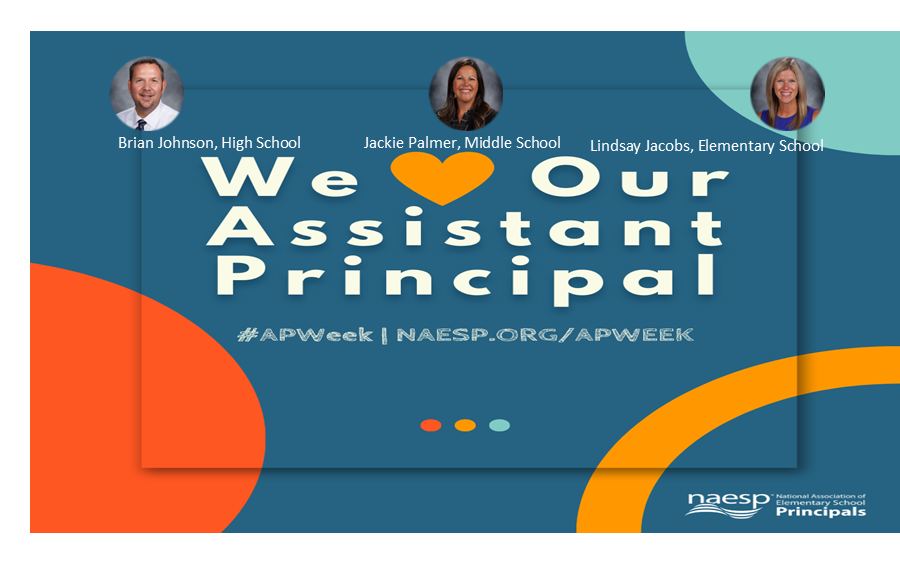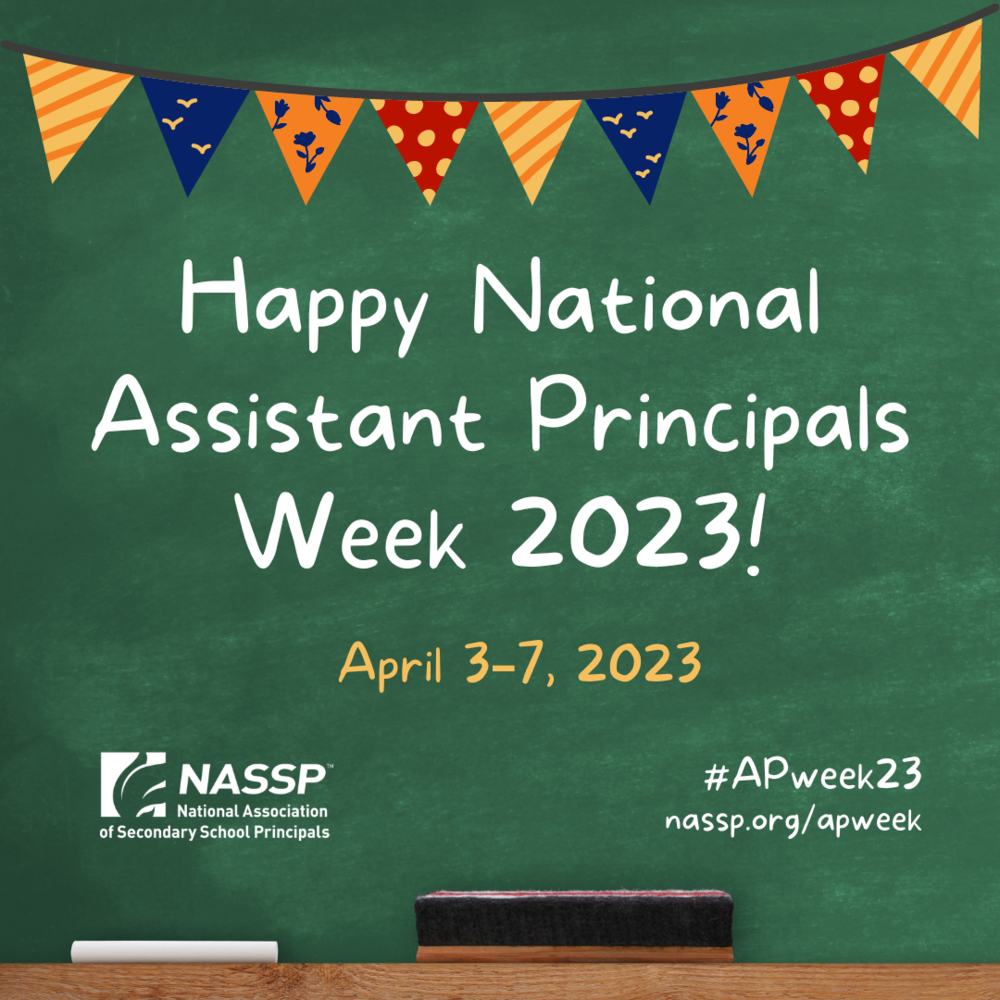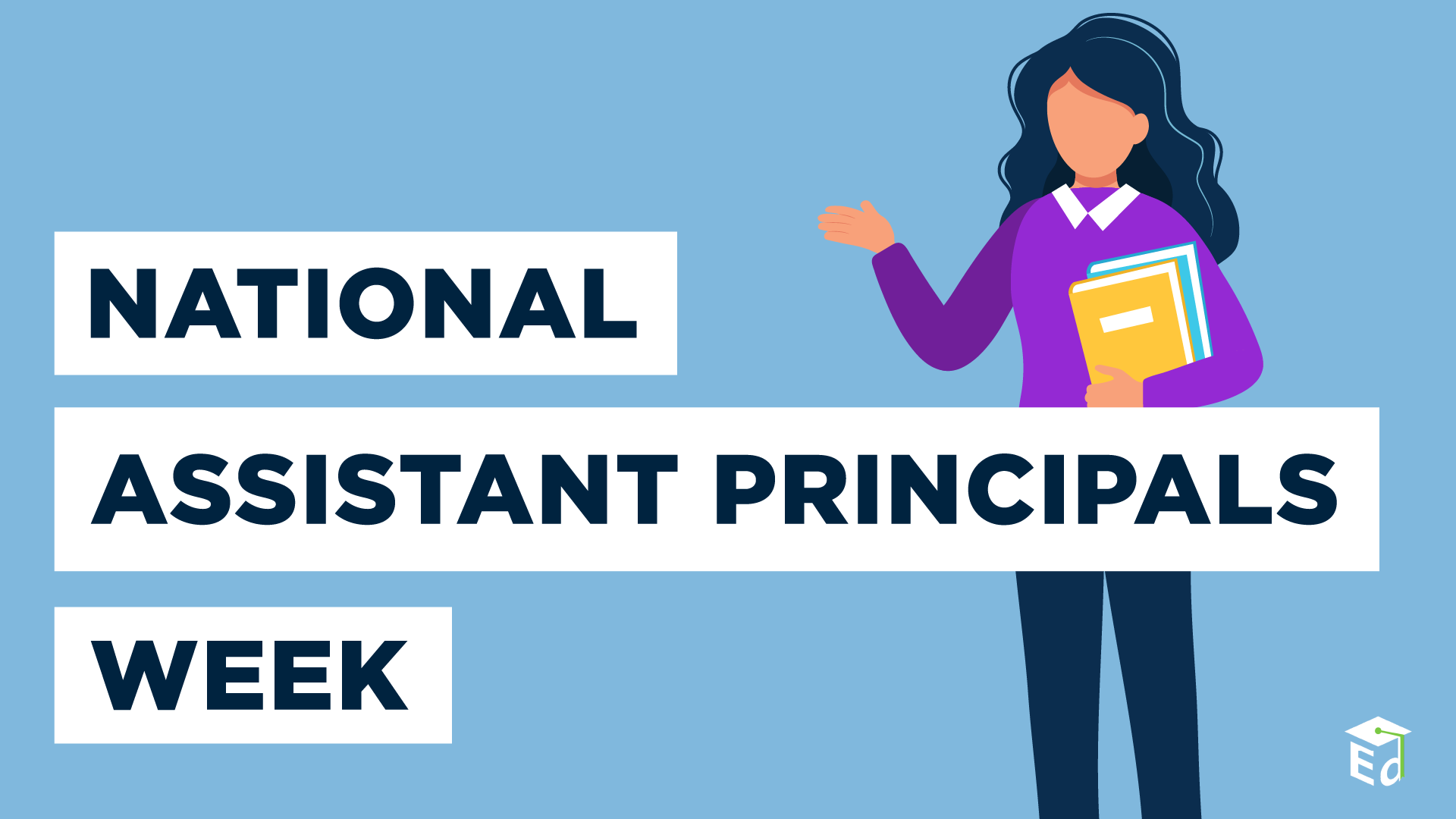Table of Contents
- National Assistant Principal Week 2024 - Paige Barbabra
- Happy Assistant Principal Week 2024 - Julia Margalo
- U.S. Department of Education on Twitter: "It's Assistant Principals ...
- Happy National Assistant Principals Week from South Pike School ...
- Memphis School of Excellence
- National Assistant Principals Week | Williamston Primary School
- National Assistant Principals Week, April 3–7, 2023 | St. Croix ...
- Happy Assistant Principals Week | Chesterfield County School District
- Assistant Principal Week 2024 - Karly Annmarie
- Happy Assistant Principals Week | Chesterfield County School District

The 119th Congress, spanning from 2025 to 2026, has introduced a myriad of resolutions aimed at addressing global and domestic issues. Among these, S.Res.161 stands out as a significant piece of legislation that seeks to express support for crucial international causes. This article delves into the details of S.Res.161, its implications, and why it matters in the context of global human rights and democracy.


Introduction to S.Res.161

S.Res.161, a resolution introduced in the Senate, focuses on expressing support for specific international human rights and democratic movements. While the exact details of the resolution, including its sponsors and the date of introduction, are not specified in this context, its purpose aligns with ongoing efforts by the U.S. Congress to promote democracy, human rights, and the rule of law worldwide. Such resolutions are crucial as they reflect the United States' stance on global issues and its commitment to upholding universal values of freedom and dignity.


Implications of S.Res.161

The implications of S.Res.161 are multifaceted, ranging from diplomatic to humanitarian. By expressing support for human rights and democracy, the resolution sends a strong message to the international community about the U.S. commitment to these values. This can influence diplomatic relations, with potential impacts on foreign policy decisions and international collaborations. Moreover, it provides moral and possibly financial support to movements and organizations working towards these goals, thereby bolstering their efforts.

Furthermore, resolutions like S.Res.161 can play a significant role in raising awareness about specific human rights issues and democratic struggles worldwide. They can prompt discussions, debates, and actions within the U.S. and abroad, contributing to a global conversation on the importance of human rights and democratic governance. This awareness can lead to increased activism, advocacy, and potentially, more substantial legislative actions to protect and promote these values.


Challenges and Opportunities
Despite the positive implications of S.Res.161, there are challenges associated with its implementation and impact. One of the significant hurdles is the translation of resolutions into concrete actions. The U.S. government must balance its support for global human rights and democracy with geopolitical considerations, economic interests, and security concerns. Moreover, the effectiveness of such resolutions in prompting tangible change can vary, depending on the response from other nations and the complexities of the issues at hand.
However, these challenges also present opportunities for growth and innovation. The introduction of S.Res.161 and similar resolutions can foster dialogue and cooperation between nations, international organizations, and civil society. It can prompt the development of new strategies and tools to support human rights and democracy, leveraging technology, diplomacy, and economic incentives to create positive change.
S.Res.161, as a resolution in the 119th Congress, represents a significant step in the ongoing effort to support human rights and democracy globally. Its introduction and potential passage underscore the U.S. commitment to these universal values and its role as a global leader in promoting freedom and dignity. As the international community continues to face challenges to human rights and democratic governance, resolutions like S.Res.161 serve as important reminders of the need for collective action and unwavering support for those striving for a more just and equitable world.
Through understanding and engaging with legislative efforts such as S.Res.161, citizens, policymakers, and international actors can work together towards a future where human rights are respected, and democracy thrives. This not only reflects a moral imperative but also contributes to a more stable, prosperous, and peaceful world for all.